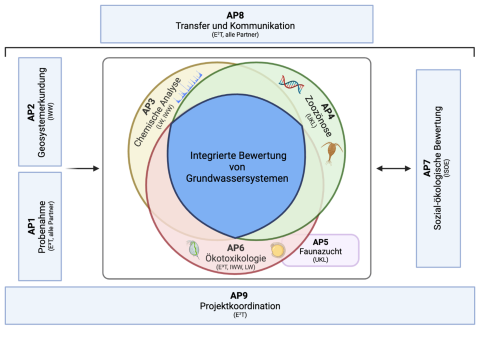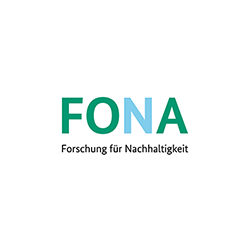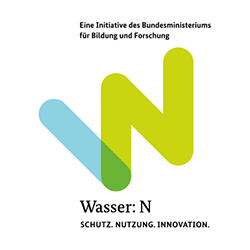Ecological and ecotoxicological groundwater quality monitoring based on an integrative triad approach
Brief description
36 % of all groundwaters fail to achieve good chemical status. The reasons for this are local pollution, e.g. from wastewater discharge, and substance input from diffuse sources such as traffic and agriculture. These predominantly anthropogenic trace substances include pharmaceuticals and perfluorinated substances (PFAS). Due to the specific conditions of groundwater, low temperatures, lower biological and photolytic degradation, foreign substances are more persistent in groundwater than in surface water.
In current practice, groundwater is treated only as a resource, but not assessed in terms of ecological status and protected accordingly. In addition, the recording of chemical status is limited to a few pollutant groups that do not reflect the actual trace contaminant load of groundwater. In view of the relevance of clean groundwater for the environment and humans, this imbalance must be redressed in research and practice in order to be able to adequately protect the groundwater ecosystem in the future and to continue to ensure a safe drinking water supply.
This requires comprehensive monitoring of groundwater quality by means of an integrated approach that combines chemical analysis with ecotoxicological analysis of groundwater and supplements it with simultaneous recording of the status of biotic communities. In addition, the tension between the need for ecologically based groundwater protection and the intensifying conflicts over groundwater use requires the inclusion of societal objectives in groundwater assessment and the analysis of conflict constellations.
Objectives
In gwTriade an integrated assessment concept specifically for groundwater systems is developed and applied. The assessment concept is based on a triad approach combining standardized ecotoxicological bioassays, chemical analysis and faunal diversity assessment. The triad concept is based on the recognition that neither chemical analysis, bioassays, nor biocenosis surveys alone are sufficient to comprehensively assess ecological status. Rather, a combination of all three pillars is necessary for an assessment. Based on previous experience from such integrative triad concepts from the field of sediment and surface water assessment, the social dimension will also be integrated into the scientific-technical results of the joint project. With the socio-ecological assessment, which includes the analysis of practical needs, the dialogue with practitioners, the inclusion of different objectives in groundwater assessment and the analysis of conflict constellations, mechanisms and solution approaches for conflict management can be derived and the assessment criteria developed in the project can be tested and prioritized in relation to social objectives. The results of the holistic groundwater assessment will be used to develop a target group-specific recommendation for action, which will be made available to potential users (e.g. DVGW, nature conservation authorities).



